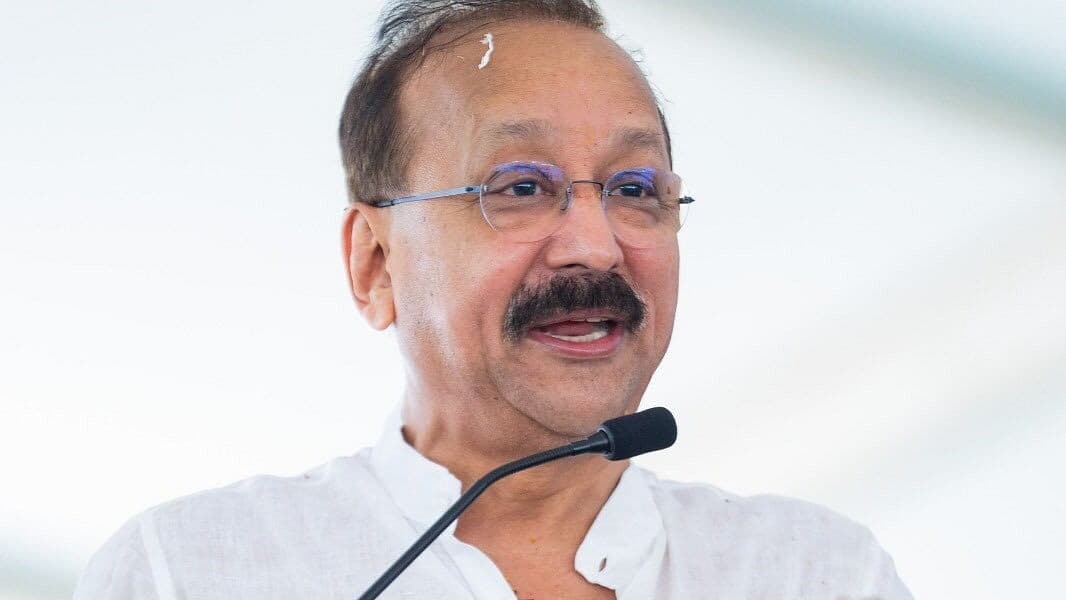
Baba Siddique murder: Stringent MCOCA invoked against 26 accused
What's the story
The Mumbai Police have invoked the stringent Maharashtra Control of Organized Crime Act (MCOCA) in the murder case of former minister Baba Siddique. The Lawrence Bishnoi gang had claimed responsibility for Siddique's assassination, which took place on October 12 outside his son MLA Zeeshan Siddique's office in Mumbai's Nirmal Nagar area. So far, 26 people have been arrested under this act, including three shooters involved in the crime.
Act enforcement
MCOCA's role and implications in Siddique murder case
The MCOCA, which was enacted in 1999, is a legal weapon to fight organized crime syndicates and gangs throughout Maharashtra. It prescribes stringent punishments for the guilty, including life imprisonment or the death penalty if the crime leads to a person's death. The act also gives authorities sweeping surveillance powers and makes confessions to police admissible in court.
Investigation progress
Prime suspect's evasion tactics and evidence seizure
The investigation into Siddique's murder has revealed that prime suspect Akashdeep Gill, arrested from Punjab, used a laborer's mobile hotspot to communicate with conspirators. This was done to avoid police detection. Gill is believed to have coordinated logistics for the murder plot hatched by Anmol Bishnoi, brother of jailed gangster Lawrence Bishnoi. Police are still looking for Gill's mobile phone, as it could be crucial evidence in this case.
Case developments
Weapons seized and financial backer arrested
Weapons and ammunition have been seized from the accused, including Turkish and Australian-made pistols and 64 bullets. Among those arrested is Salman Vohra, who is accused of financially supporting the murder plot. The motive behind Siddique's murder remains unclear, but it is known that he was on the radar of the Bishnoi gang.